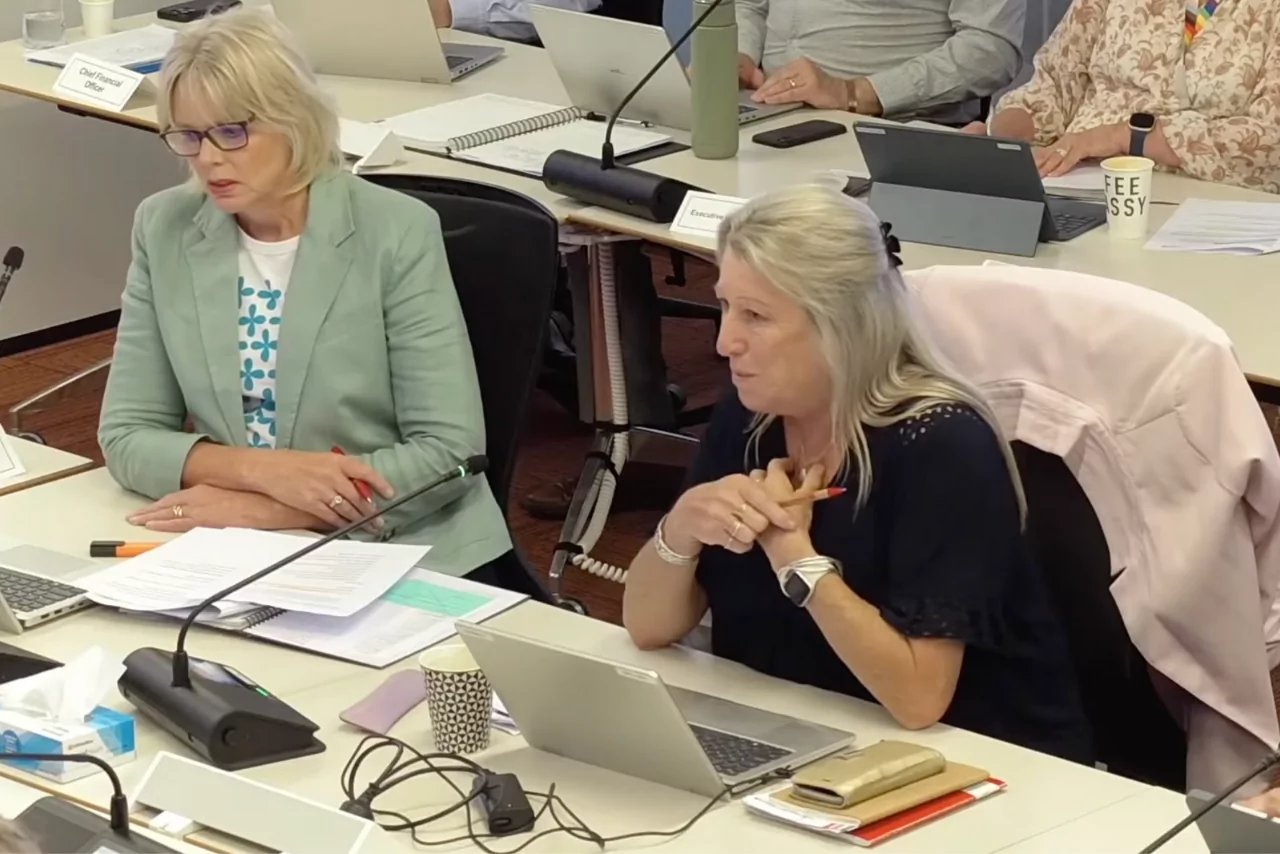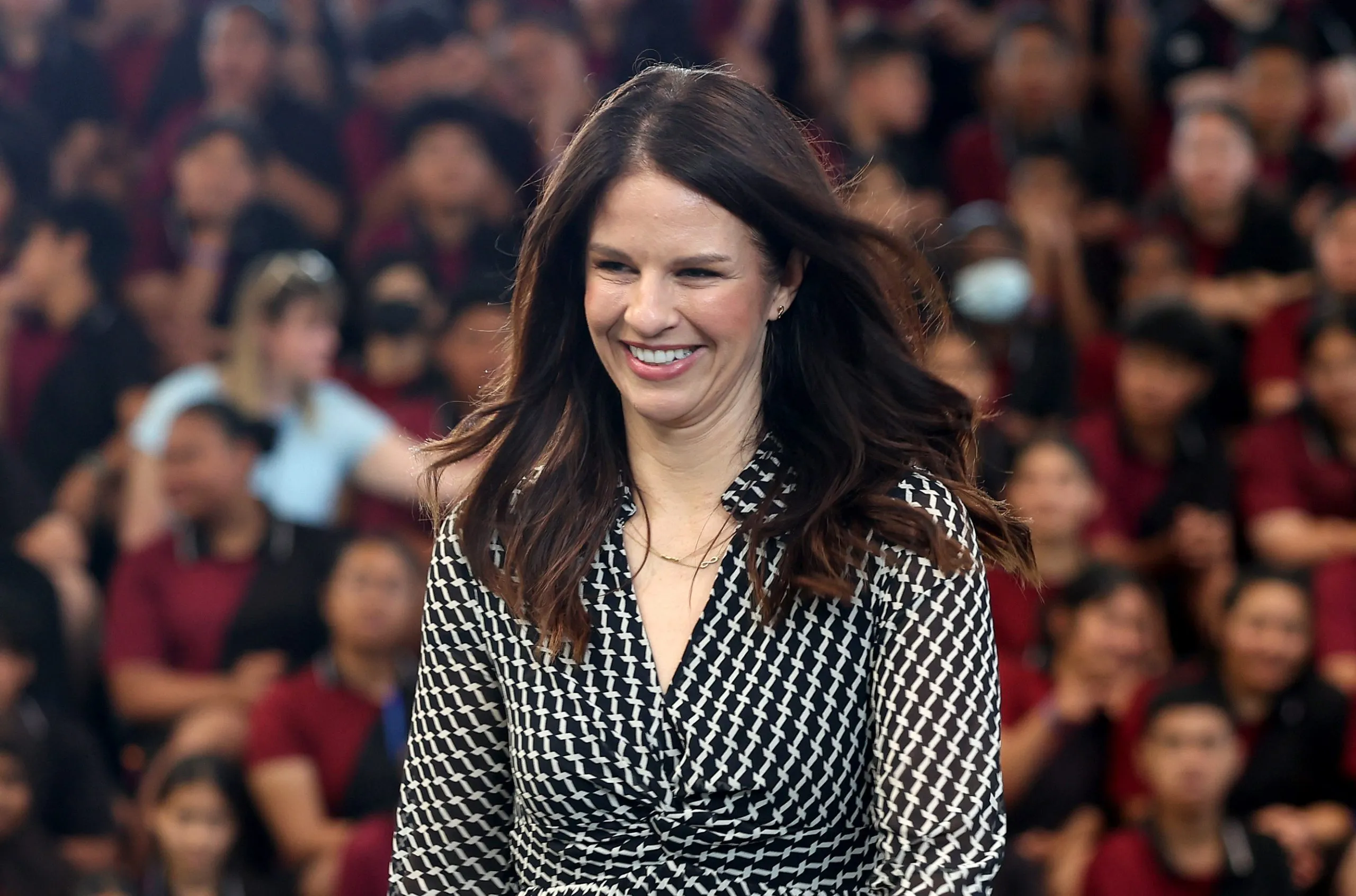Escaped youth tracked by Eagle helicopter, found hiding in New Brighton
The young person who escaped from a youth justice facility in Rolleston has been located...
Peter Winder, Chief Executive of Te Pūkenga
New Zealand’s largest tertiary provider has issued staff with guidelines on what to say and how to say it.
In a 30-page document, Te Pūkenga released a style guide, instructing staff on words they should replace.
Te Pūkenga brought 16 individual polytechnics under one umbrella, with 260 thousand students, and 13 thousand staff around across the country.
Prime Minister Chris Hipkins forced the merger of the polytechnics when is the education minister.
In the style guide, it said “use respectful, inclusive, gender-neutral language.”
“We use pronouns that are gender neutral unless we are referring to a specific individual and we know their preferred pronouns” the document said.
“We use firefighter’ no ‘fireman.’ We use spouse or partner – not husband, wife.”
The words “opposite sex” were out, and should be replaced by “different sex.”
The provider wants staff to use “machine-made, not man-made.
English names were encouraged to be cut from the names of tertiary providers.
Unitec New Zealand should only be known as Unitec | Te Pūkenga, and when referencing the second time, Unitec.
Western Institute of Technology should be known as WITT | Te Pukenga and then just WITT.
Treaty of Waitangi should be replaced by Te Tiriti O Waitangi or Te Tiriti.
The word students should be replaced with Ākonga, or learner, while the word staff should be replaced with Kaimahi.
The document said “using big words or technical language could confuse your audience, so try to limit where possible.”
Te Pūkenga Chief Executive Peter Winder told Chris Lynch media he “identifies as male, with he/him pronouns.”
He said the style guide was intended as a reference and resource.
“It’s available to all our people on the intranet. Many organisations, including tertiary organisations, provide style guides to their teams as a standard resource.”
He said the intention was to promote consistency “in the terms we use, given we have brought 24 different entities together.
This can be particularly helpful in communicating, as we do, with highly diverse audiences across the more than 250,000 learners that we serve.”
Winder said the organisation’s charter was very clear.
“We must hold inclusivity and equity as core principles.
Our learners also identified inclusivity as a key enabler to their learning through our Ākonga at the Centre research. We’ve tried to reflect this in our style guide.”


